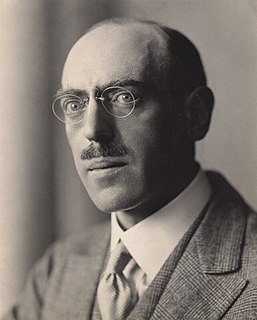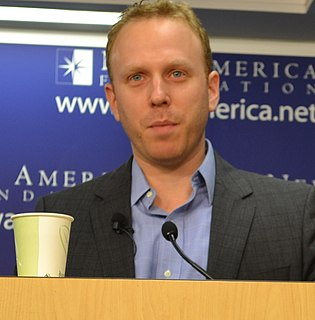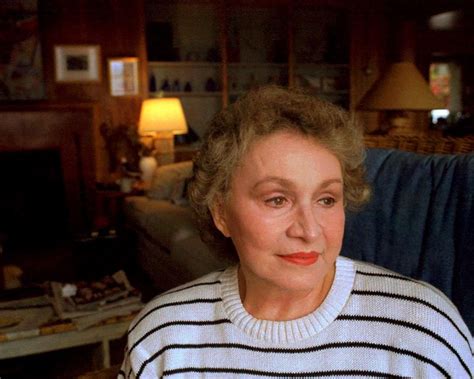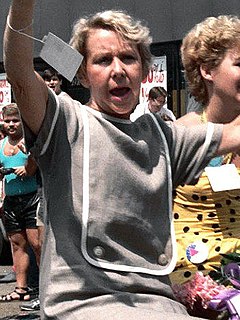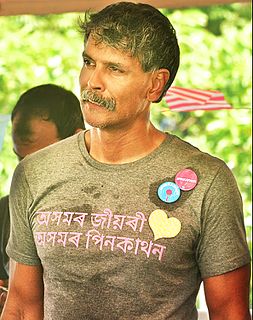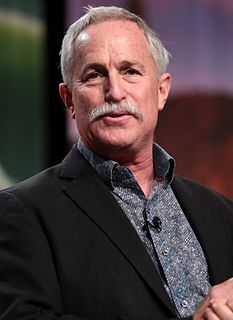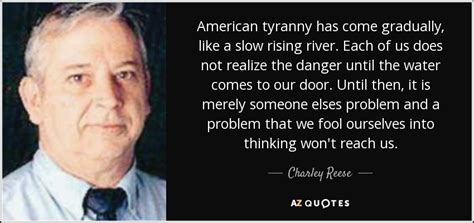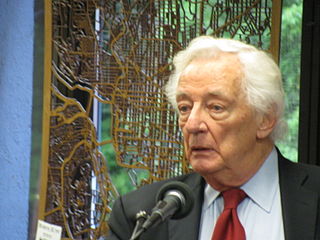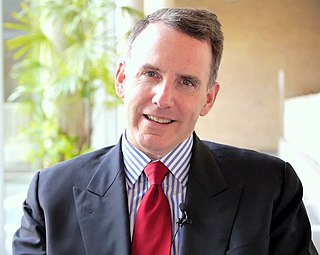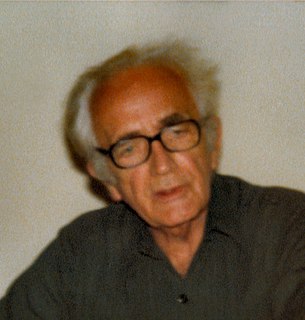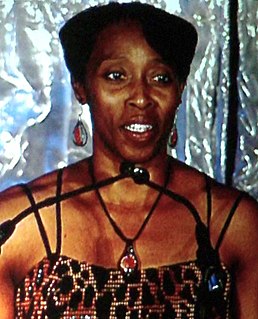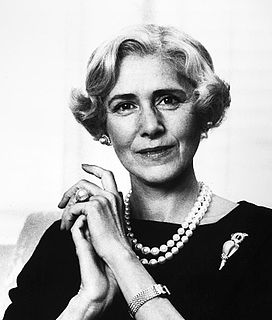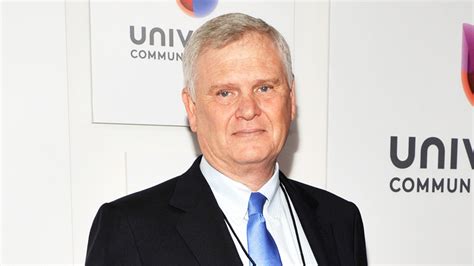Top 1200 American Cities Quotes & Sayings - Page 3
Explore popular American Cities quotes.
Last updated on November 8, 2024.
There's no getting around the fact that some cities face long odds, and governments and societies are going to be confronted with some hard decisions. Most importantly, cities have to recognize that in times of crisis they have to help themselves. Governments, no matter how well intentioned, can only do so much, especially when they themselves are so strapped for cash, as the U.S. is now. Government money will probably flow to cities and regions with good prospects for the future, so as not to risk money even further by pouring it into stalled economic models.
From a business perspective, the question related to cities and sustainability is clear and compelling: can you have a healthy company in an unhealthy city? Arguably, no. Companies need healthy cities to provide reliable infrastructure, an educated and vital workforce, a vibrant economy, and a safe and secure environment to survive and thrive. Business executives have a lot to learn from cities, and a lot to contribute, and this book shows the way, chronicling the successes and the lessons learned about what it takes to make a city healthy, in every sense of the word.
By rebuilding transportation so that you're not owning this thing that just sits there all the time, you get to rebuild cities in the process. If we do this right as a country, we have a chance to re-create our cities with the people, rather than cars, at the center. Our cities today have been built for the car. They've been built for car ownership. Imagine walking around in the city where you don't see any parking lots and you don't need that many roads.


